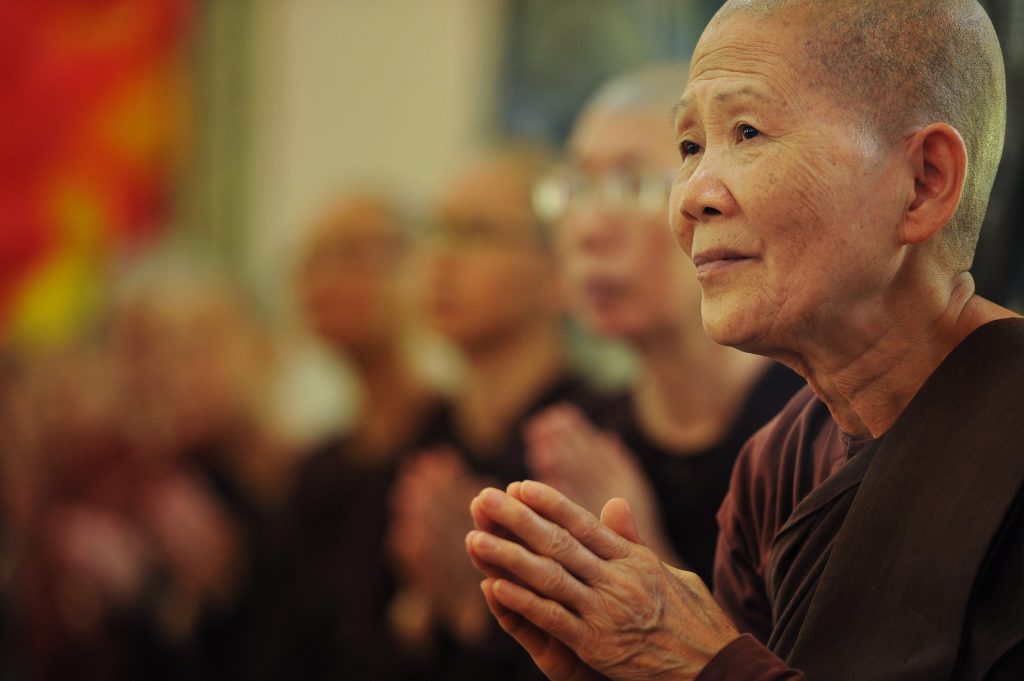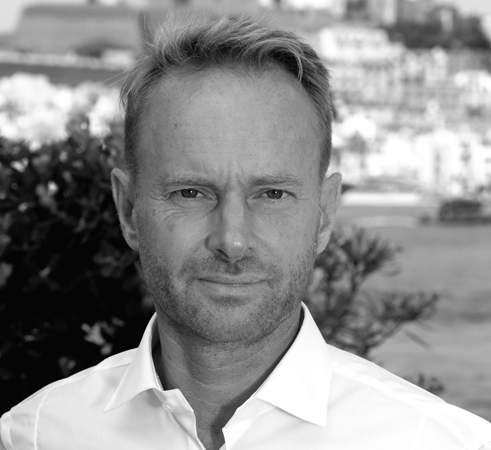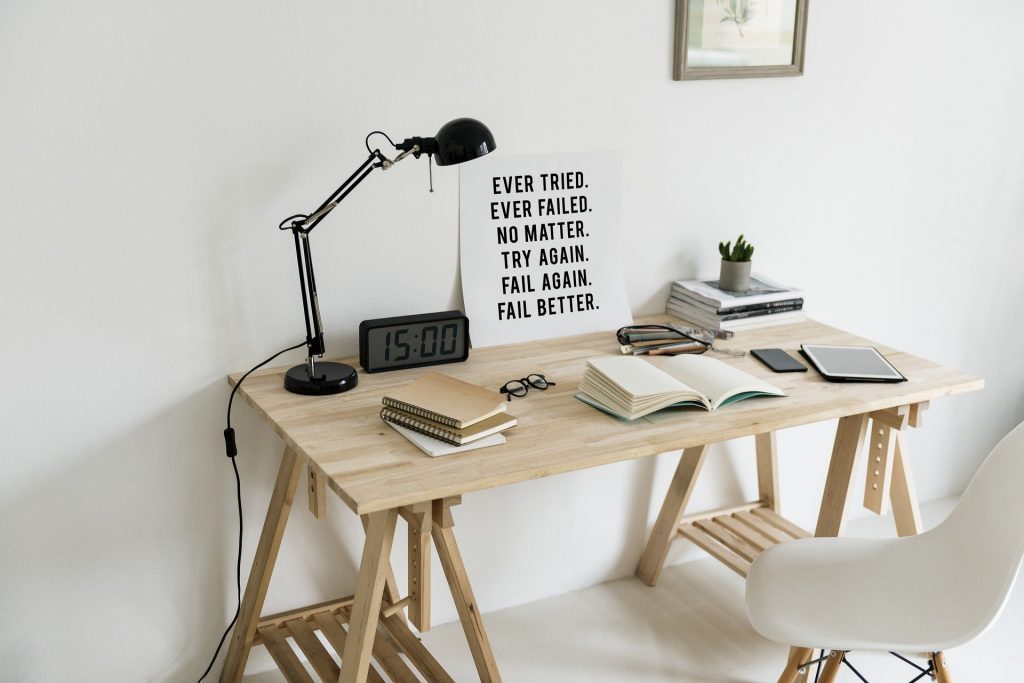I recently attended a six-week foundation course in Buddhism at the Manchester Buddhism Centre. As I continue with my own personal growth and professional development for my Coaching and Consultancy business ‘Logros – Achieving Excellence’, the principles of Buddhism and the power of meditation seemed a certain destiny.
How Buddhism in Business can help transform performance.
It is true that what we think about and the actions we take, determine the life we create for ourselves. Therefore, the more tools we have to master our thinking, the more we can achieve. We can be in control of how we feel and our satisfaction with life.
Recently I had taken up Stand-Up comedy, Improv and also learning Salsa dancing. All of these put you in very uncomfortable situations – emotionally and physically! I felt the time had arrived for something more spiritual. I was keen to learn how meditation and Buddhism’s core principles can improve resilience both in a personal life and for potentially improving business results.
So why now?
I have been reading about Buddhism for some time, understanding the links with Cognitive Behavioural Therapy, NLP, Hypnotherapy and other philosophy’s such as Stoicism all to improve wellbeing. Our work at Unity Radio involves understanding and applying some core needs of vulnerable people. This is to create a change in behaviour, resulting in a range of outcomes.
Therefore, I wanted to find out if meditation should be part of all our daily lives. Then, on personal note, a situation occurred recently where I discovered I was more attached in certain situations then I wanted to be. So off to the Manchester Buddhist Centre I went.
The Manchester Buddhist Centre
The Manchester Buddhist Centre is based in the Northern Quarter. As you enter the building into reception there is an immediate sense of calmness. You are greeted with a library of books, a plethora of statues of the Buddha and kind staff.
There were 40 people signed on to the course I attended. Making my way to the room where the course was held, I started to wonder why everyone else was there.
The Buddhism Course
The course started with a friendly introduction by the Buddhist teachers about the course, quickly followed by asking people to share why they were here. The natural human instinct of quickly surveying the room to see who would volunteer followed, as I listened to the range of answers. Then it was my turn! I didn’t waste any time in contributing my reason. I said that I wanted to understand about attachment and also how the need to be in control affects us.
The teachers eased us gently into understanding who the Buddha was and his history. I immediately took on board that the Buddha represented a model of values and a way to live your life.
Meditation
As the first part of the class came to an end, the teacher started their first group meditation and ironically, I could already feel myself getting tense at the thought of relaxing for 15 minutes. The mediation was a body scan. A similar technique is used in Hypnotherapy – guiding you to focus on parts of your body inwards – moving away from your thoughts.
Listening to the teacher’s voice guide you through the meditation, you notice how your thoughts appear and run away with you. You then have to re-focus back on the teacher’s voice. I could immediately feel how tense I was, as I was fighting letting go and relaxing – which comes from the need to feel in control.
Thankfully it didn’t last long, and off we went for our break. Naturally I appreciated my herbal camomile tea and oat biscuit. As we ascended the staircase for the second part of the class, I felt a strange tenseness wash over me at the thought of a further meditation.
Understanding Buddha and How Buddhism can relate to Business
The second half of the class was a session understanding more about how the Buddha noticed people’s suffering was mostly in the mind. One of the main aims of Buddhism is the end of suffering. An interesting discussion ensued about how people can block suffering with substance misuse and other activities. Whereas when people actually embrace and take on the suffering, that results in actual change and real human growth.
This immediately resonated with me from a personal and business perspective. I wondered on the latter point, “Is there a difference between business owners who have experienced suffering at an early age? Are they more resilient to withstand and take on the challenges of growing a successful business than those who haven’t?”
Although everyone in the room was there for their own reasons, it became apparent to me that everyone is suffering in one way or another. As we pass through life, often wrapped up in our own world, how often do we stop to think about the other person in front of us?
The Benefits of Applying Buddhism to Business
As the class drew to a close, we were given a further understanding of what meditation is and it’s benefits. This appeared to be, most noticeably, the ability to understand how to stay in the present moment rather than live in the past or the future. This is a source of a lot of suffering of the mind.
From a business perspective, for the business owner who wakes up at 3am in the morning and can’t get back to sleep due to worries about the future or for the procrastinator – I can already see the benefits of Buddhism to improving wellbeing resulting in an improvement in business results.
The class ended with the teachers encouraging us to start daily practise of meditating for 5 minutes a day and I left looking forward to the challenge. I’ll let you know how it went in the next blog!
Leave Your Comments
Have you looked into Buddhism, Meditation or other methods to try and improve wellbeing and have a positive influence on performance and results? Did it work? If you haven\’t tried it, what stops you? Please feel free to leave your comments in the section at the bottom of this page.
GET IN TOUCH
Take your first steps to Achieving Excellence with Logros. Call or email us for more details.
Complete and we will keep you updated with the latest edition of the “The Logros”.
It is not a question of what are you going to do just simply who do you want to be
Lee Dinsdale





